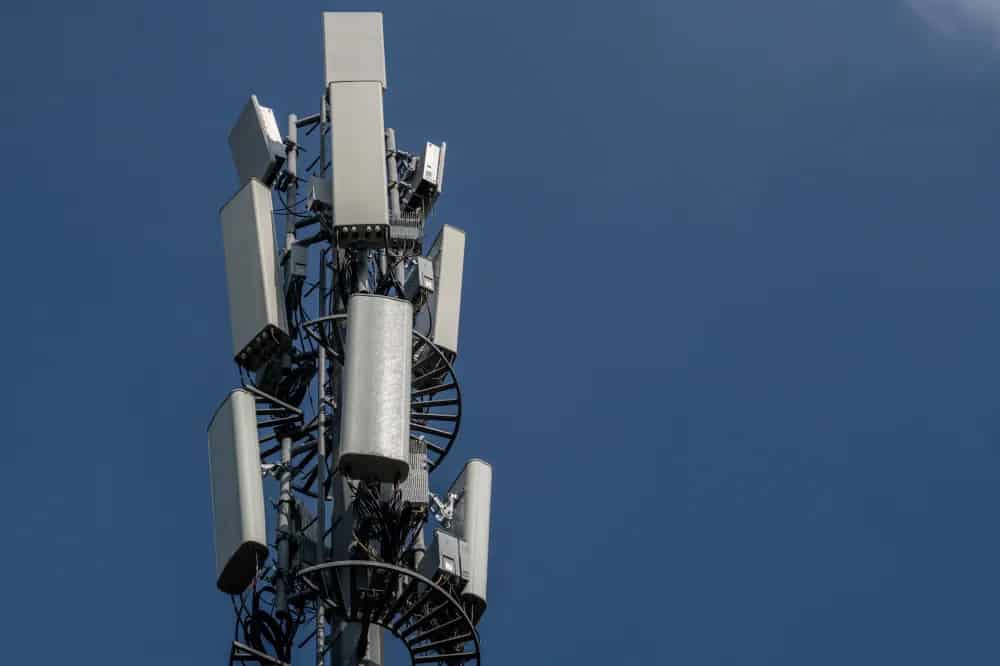US telecoms giants AT&T and Verizon on Monday agreed to postpone their deployment of 5G wireless service over concerns that it may interfere with flight safety equipment, AT&T and airline officials said.
AT&T confirmed the deal in a statement, noting that at the request of Transportation Secretary Pete Buttigieg, “we have voluntarily agreed to one additional two-week delay of our deployment of C-Band 5G services.”
“We know aviation safety and 5G can coexist and we are confident further collaboration and technical assessment will allay any issues,” the company said.
The move came a day after AT&T and Verizon rebuffed a request to delay their rollout of 5G technology, scheduled for Wednesday, prompting airlines to threaten legal action.
According to representatives of the airline industry, a last-minute draft agreement was reached first with telephone operator AT&T and then with Verizon to put off the deployment of their new 5G frequency bands by fifteen days.
Aviation regulators have raised concerns that the new system might interfere with the devices planes use to measure altitude and the rollout, initially scheduled for December 5, had already been postponed once.
“Nobody has signed anything yet, but at this moment we will be holding in abeyance for this two weeks period as people are working frantically to come to an agreement,” an airline industry official said.
During this two-week break, changes made to facilities at airports in particular will need to be reviewed by the air safety regulator, the FAA, to “deem those mitigation factors in that deployment in those airports to be safe for flying,” the airline official said.
The 3.7-3.8 GHz frequency bands were awarded to AT&T and Verizon in February after a bid for tens of billions of dollars.
Faced with concerns about potential interference problems with devices measuring altitude in airplanes, the FAA had issued new directives limiting the use of these devices in certain situations.
US airlines have protested against the potential costs incurred, and called on the authorities to quickly find a solution.








